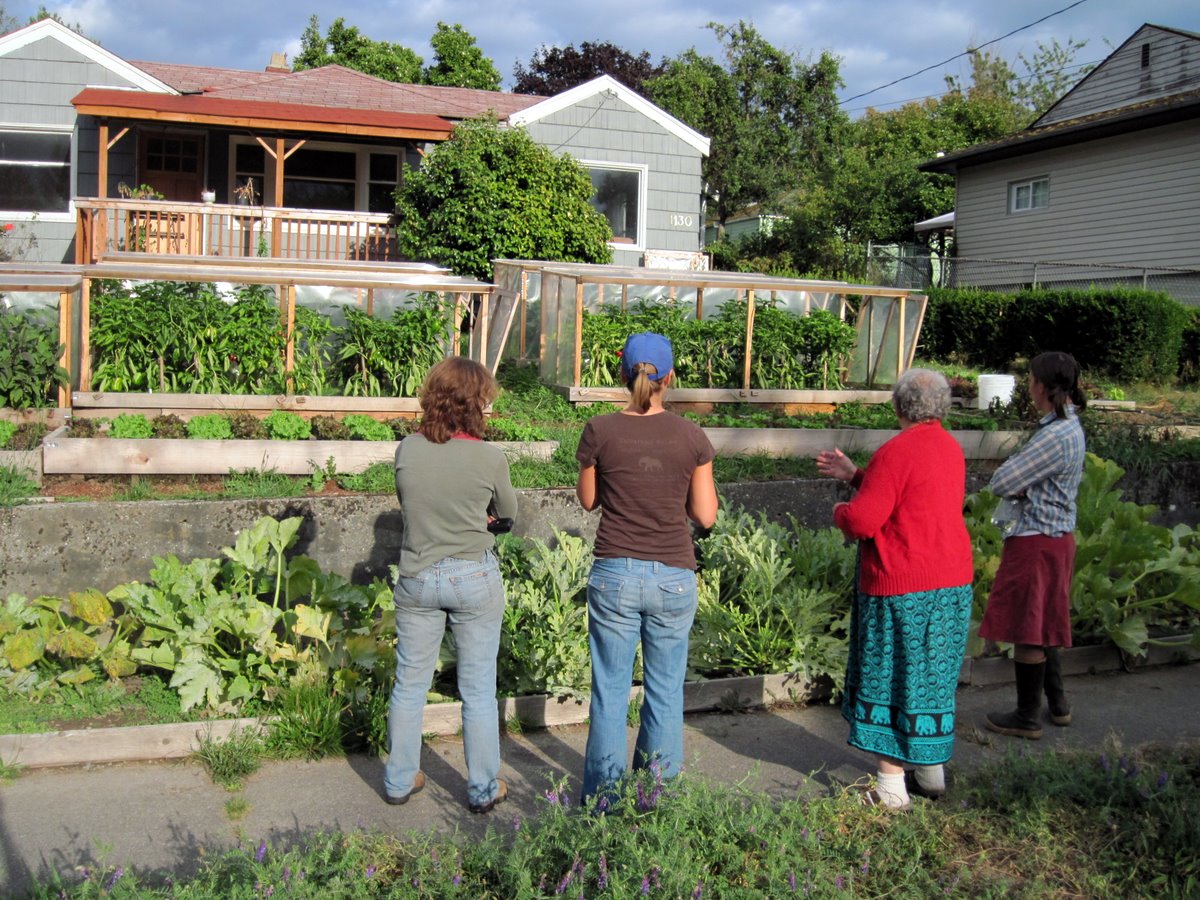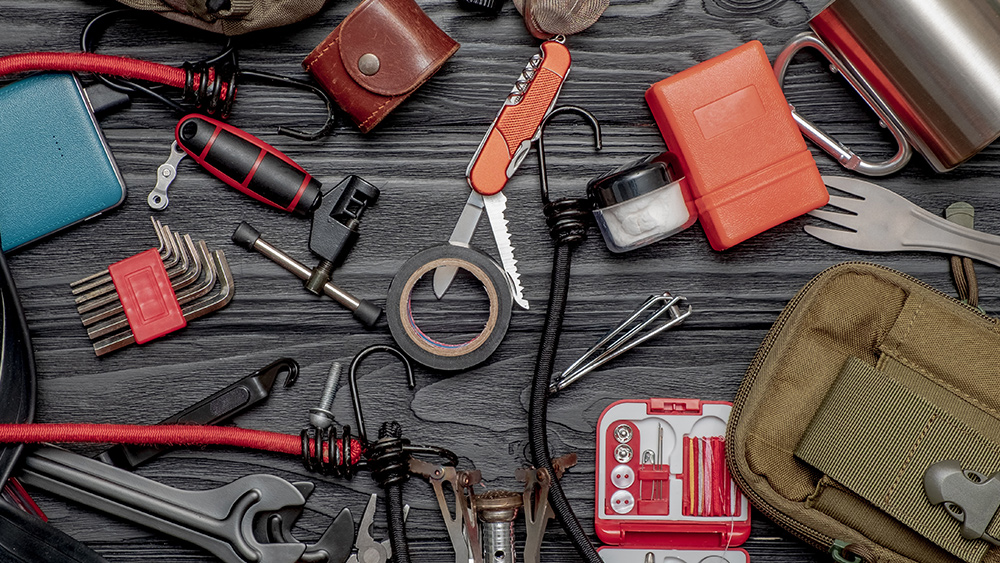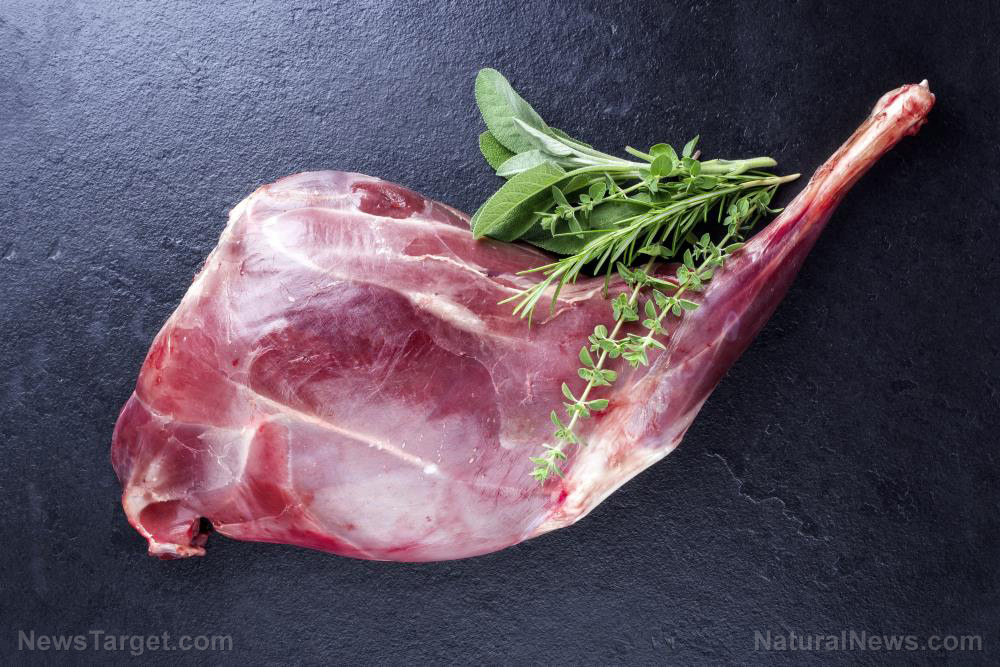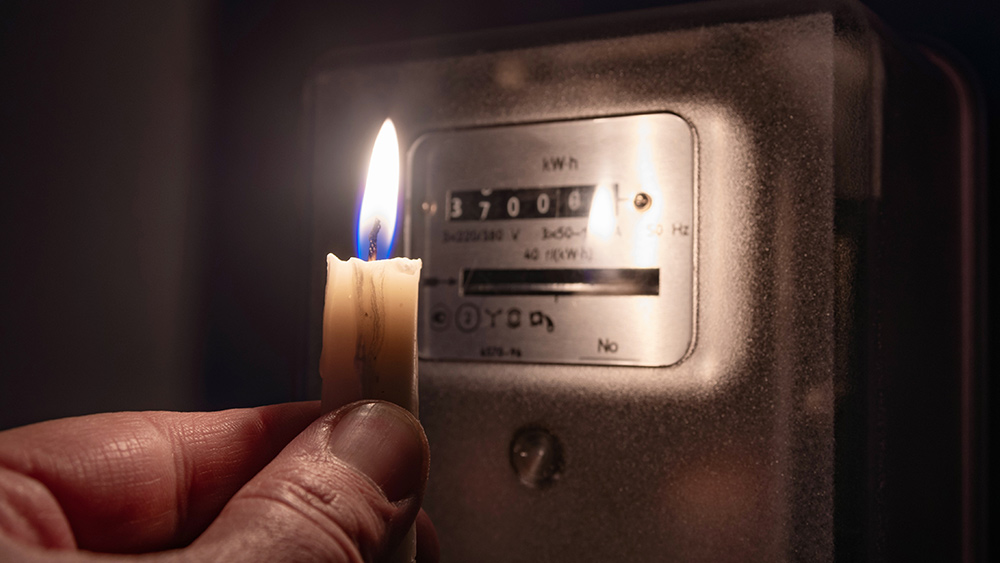 Parler
Parler Gab
Gab
- Starting recession-proof projects, like a home garden or a chicken coop, can help shift priorities toward self-reliance and ensure readiness for any economic disruption.
- Grow gardens with heirloom crops and fruit and nut trees for sustained food yields. Use greenhouses and cold frames to extend growing seasons, and root cellars to store fresh produce off-grid.
- Harvest rainwater via barrels or tanks to reduce utility bills and ensure irrigation. Invest in solar panels to cut energy costs and generate income by selling excess power.
- Raise chickens for eggs, using scraps for feed to save costs. Explore small-game trapping (squirrels, rabbits) as a backup protein source.
- Create a home office for freelance work and income eligible for tax deductions ($1,500/year) to offset home expenses. Incremental projects (e.g., gardens, rain barrels, coops) compound into long-term security, reducing dependency on unstable systems.
Start a home garden with fruit and nut trees
A well-planned garden is one of the best defenses against rising food costs. Growing your own vegetables, fruits and nuts ensures a steady supply of fresh, nutritious food without relying on grocery stores. Tips for success: Grow heirloom varieties Heirloom varieties are better because you can save the seeds for future planting, cutting costs year after year. Use succession planting Learn about succession planting so you can stagger planting times to ensure continuous harvests. Grow resilient berries Raspberries and blackberries require little maintenance and produce abundant fruit. During past recessions and supply chain disruptions, many families slashed their grocery bills by relying on homegrown produce. A small garden can keep a family fed for pennies on the dollar. (Related: Garden fresh: Low-effort planting and chemical-free pest control.) Add fruit and nut trees Apple, pear and nut trees, like butternut or walnut, provide long-term yields. Depending on your planting zone, you can also grow the following fruit trees on your homestead:- Apricot
- Calamondin
- Cherry
- Fig
- Kaffir lime
- Kumquat (Zones 8-10)
- Lemon
- Mandarin orange (Zones 9 to 10)
- Peach
- Persimmon
- Plum
- Tangerine
Build a greenhouse or cold frames
Extending the growing season means more food with less dependency on store-bought produce. A simple greenhouse or cold frames (mini-greenhouses made from old windows or plexiglass) can add six to eight extra weeks of growing time in spring and fall. Place a black-painted five-gallon bucket filled with water inside your greenhouse. The water absorbs heat during the day and releases it at night, protecting plants from unexpected frosts.Install rainwater collection systems
Water bills can add up, especially if you’re irrigating a large garden. A rain barrel system is an easy way to capture free water from gutters. How to maximize efficiency:- Start with a single barrel under a downspout. Even a single rainstorm can fill it quickly.
- Expand to multiple barrels or larger tanks for bigger gardens.
- For off-grid watering, consider a pressurized system with a pump to distribute water efficiently.
Build a root cellar
A root cellar is a time-tested way to store produce long-term without relying on electricity. It keeps vegetables, canned goods and bulk purchases fresh for months. Basic requirements:- At least 8'x8' in size (larger if possible).
- Buried at least two feet underground for stable temperatures.
- Concrete block walls that resist mold and are easier to DIY than poured concrete.
- Even if zoning laws prevent a full underground cellar, a cool basement corner can still function as a makeshift storage space.
Build a coop and raise chickens for eggs
A small chicken coop is a low-maintenance way to ensure a steady protein supply. Raising just six hens can provide enough eggs for a family of four, with extras to sell or barter. Cost-saving tips:- Feed your chickens kitchen scraps and garden weeds to cut feed costs.
- You don't need a rooster because hens lay eggs without one. However, their eggs are infertile, meaning the eggs won’t develop into chicks. If you get a rooster, the eggs must be collected daily and stored in a cool place before being used so they won’t develop into chicks.
- A 24 sq. ft. coop is enough for half a dozen birds.
Learn small game trapping
When meat prices soar, hunting and trapping can supplement protein sources. Rabbits, squirrels and other small game are abundant in many areas. Getting started:- First, check local laws on trapping and hunting.
- Learn primitive traps (snares, deadfalls) as a backup.
- Practice field dressing to minimize food waste.
Install solar panels
Energy costs often spike during recessions. Solar panels can reduce reliance on the grid, and they can also generate income through net metering, or selling excess power back to the utility company. Considerations:- Assess your energy needs before sizing a system.
- Start small since even a few panels can offset costs.
- Pair solar panels with a solar generator for backup power.
Create a home office for tax benefits
If you have a side hustle or freelance work, converting a dedicated home office space can yield tax deductions for up to $1,500 per year. Qualifying uses:- Freelance work
- Online business
- Storage for self-employed inventory
More related stories:
Top emergency water storage tips for preppers. Protecting your homestead: Practical tips for long-term farm and livestock security. Vacuum sealers: The budget-friendly secret to cutting grocery bills and prepping for emergencies. Survival stockpile staples: Emergency foods for long-term storage. Sources include: AskAPrepper.com HGTV.com KB.RSPCA.org.au Brighteon.com“Wartime Homefront Essential Skills” on BrightU: How to grow tomatoes in your backyard like a boss
By Jacob Thomas // Share
Ten ways to adapt to the economic collapse unfolding before us
By Lance D Johnson // Share
The history of Frankincense: From ancient rituals to modern home fragrance
By HRS Editors // Share
The Dangers of “All or Nothing” Thinking in Preparedness
By S.D. Wells // Share
“Wartime Homefront Essential Skills” on BrightU: How roadkill can become survival gold when SHTF
By Jacob Thomas // Share
Green energy experiment by Spain and Portugal fails with power grid collapse and blackout
By Ramon Tomey // Share
Governments continue to obscure COVID-19 vaccine data amid rising concerns over excess deaths
By patricklewis // Share
Tech giant Microsoft backs EXTINCTION with its support of carbon capture programs
By ramontomeydw // Share
Germany to resume arms exports to Israel despite repeated ceasefire violations
By isabelle // Share










